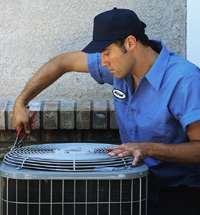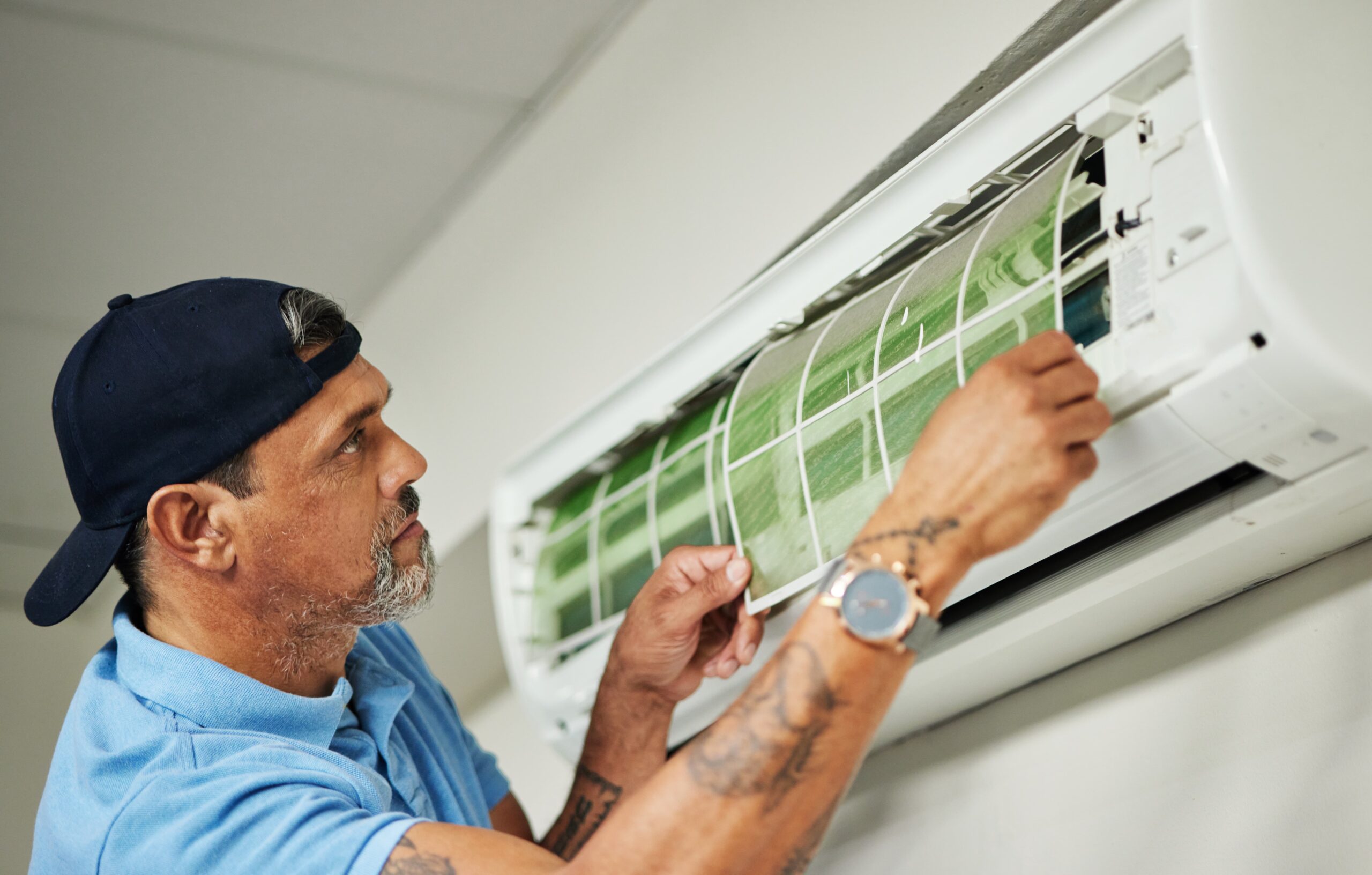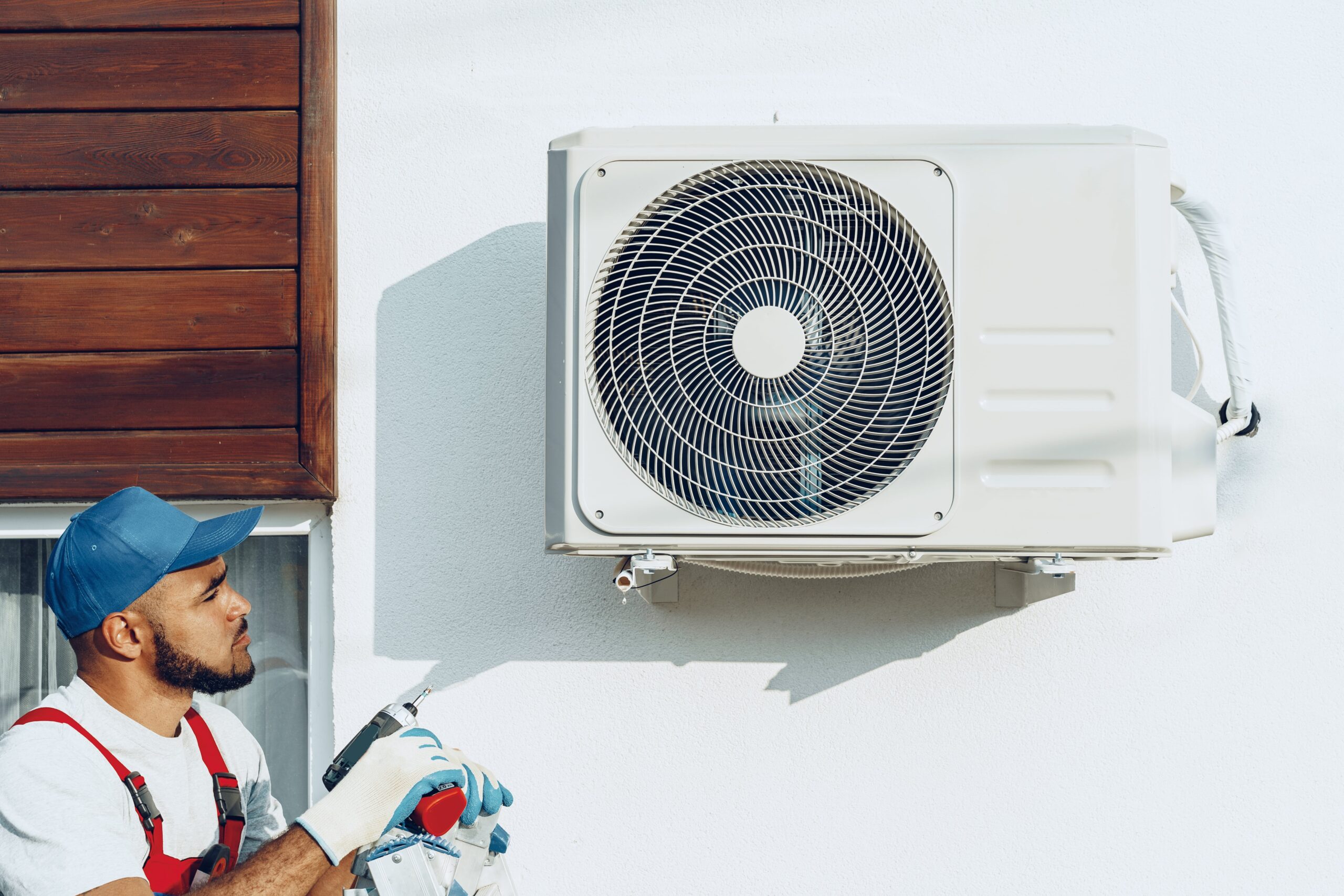When we talk about furnaces, we’re either talking about gas furnaces or electric furnaces. We don’t really service oil furnaces anymore because they’re just not as effective or efficient as current models, and oil prices fluctuate too much for us to give you a good deal.
Gas furnaces are often the first choice for homeowners. Natural gas is plentiful, clean-burning, and it does a good job at keeping a home warm throughout our cold winters. But this often leads to electric furnaces in Avon Lake, OH getting a bad rap, which they don’t deserve! Electric furnaces are perfect choices for many homeowners in our area.
Today, we’re going to talk about why an electric furnace might be a good choice. From its lower initial purchase price to its incredibly efficient design, electric furnaces work wonders for homes that need to fight cold temperatures but are a little more off the grid than homes with access to natural gas.
Electric Resistance
An electric furnace doesn’t burn anything to power up and heat your home. Instead, an electric furnace uses electric resistance, which is the same method of power that a space heater uses to heat an area. With an electric furnace, however, the difference is massive because these systems have incredibly efficient and powerful heating coils that can heat all of the space in your home.
The air of your home is cycled through the ducts right into the furnace. The heated coil then heats the air of your home to a reasonable temperature that’s set by the thermostat, and it gets cycled into the rooms where you can feel it. There’s no burning of fuel, it’s just an electric heating system that warms up the air of your house.
Energy From the Power Grid
One of the biggest draws that homeowners find from an electric furnace is that it runs on electricity. We know this might seem obvious from the name, but homeowners often forget about the implications that come with an electric-powered heating system. For instance, electricity comes from your municipal power grid, which could be a variety of different sources.
Electric furnaces are some of the most environmentally friendly systems on the market because the electricity they use to heat your home can come from solar panels, wind farms, and even hydroelectric dams. Look into where your local government gets their electric power from and see if you can tap into that energy with an electric furnace.
Which Homes Are Best for Electric Furnaces?
While you might now be sold on an electric furnace, they’re not exactly right for everyone. If your home has access to natural gas, you might see a lower cost overall with a high-efficiency gas furnace than with an electric furnace. Gas is just so cheap and plentiful that it’s one of the most effective ways of heating a home. Heat pumps are also a good electric alternative for homeowners in need of a heating and cooling system.
However, if you’re looking for a low investment cost and an electric heater that will work properly, then an electric furnace might be perfect!





